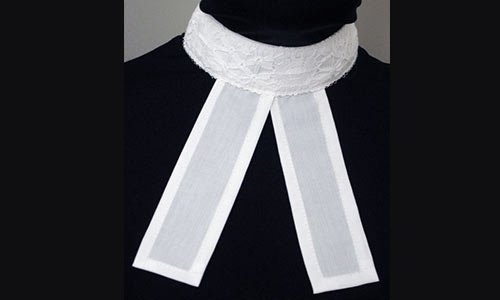IAWL calls for gender balance in NBA leadership

Lawyard is a legal media and services platform that provides…
The Institute of African Women in Law (IAWL) has called for a gender balance in leadership positions within the legal profession, including in the Nigerian Bar Association (NBA).
This is contained in the Institute’s 2023 Women in Law and Leadership Reports.
According to the report, a study on the trends and progress of African women in law and leadership showed that though there had been an increase in the number of women in the legal profession, certain obstacles had been hindering them from ascending to leadership positions.
These obstacles include unspoken gender biases and stereotypes against women, burden of childcare and family responsibilities, and debilitating patriarchal cultures.
“Female lawyers’ ascension to leadership in the Nigerian bar has been almost negligible. Women have successfully broken the glass ceilings of certain positions. However, biases, stereotypes, and subtle discrimination have often deterred others from reaching positions they are qualified to occupy.
“Some women could overcome these barriers to achieve their goals, but others have not been as fortunate, and stagnate or exit the profession. Several factors contribute to this, and the attrition points differ in each sector,” the report stated.
The IAWL noted that only one woman has ever been president of the NBA since 1960, despite the significant increase in the number of female lawyers over the years.
The report also stated that inadequate representation of women in legal leadership would make female lawyers continue to suffer from institutional and structural challenges due to marginalization.
“Women are vastly under-represented in the rank of SAN, with a dismal ratio of 26:1. This also applies to leadership positions in the executive committee of NBA branches, particularly chair and secretaries. Borno State is the exception, as it has a sitting female chair of a branch, the first in the state,” the report added.
The report also noted that younger female lawyers were more likely to face sexual harassment and gender-based intimidation at work.
The IAWL recommended formal mentoring programmes and workshops to aid career growth. It also recommended that men join the quest for gender equality to achieve systemic and effective change.
The report also recommended creating and enforcing policies that protect women lawyers and facilitate the ascent, promotion and recognition of female lawyers, and adequate support for research and data gathering on women’s representation at the bar, which it said would facilitate evidence-based interventions.
Supportive family structures were also described as critical to women’s ascent in the legal profession, as the report identified balancing marital responsibilities and work demands as one of the cultural challenges female lawyers face.
According to a report in 2022, that marriage affected the rise of female judges in Nigeria.
Despite the many achievements of female judges in Nigeria, a major stumbling block in attaining leadership positions in the judiciary is the issue of state as it relates to Nigerian women upon marriage.
Many women who transfer service to their husbands’ states after marriage often encounter problems when they attempt to become judges or assume other leadership positions at the bar.
The petitions are mostly based on state of origin, regardless of years of service.
One such case occurred in 2012, when High Court judge, Ifeoma Jumbo-Ofo, was recommended for the Justice of the Court of Appeal position in Abia state.
A petition was written against her to the CJN at the time, Aloma Mukhtar, pointing out that though she had been married into the state, she was not an indigene and could not assume the position.
Lawyard is a legal media and services platform that provides enlightenment and access to legal services to members of the public (individuals and businesses) while also availing lawyers of needed information on new trends and resources in various areas of practice.













